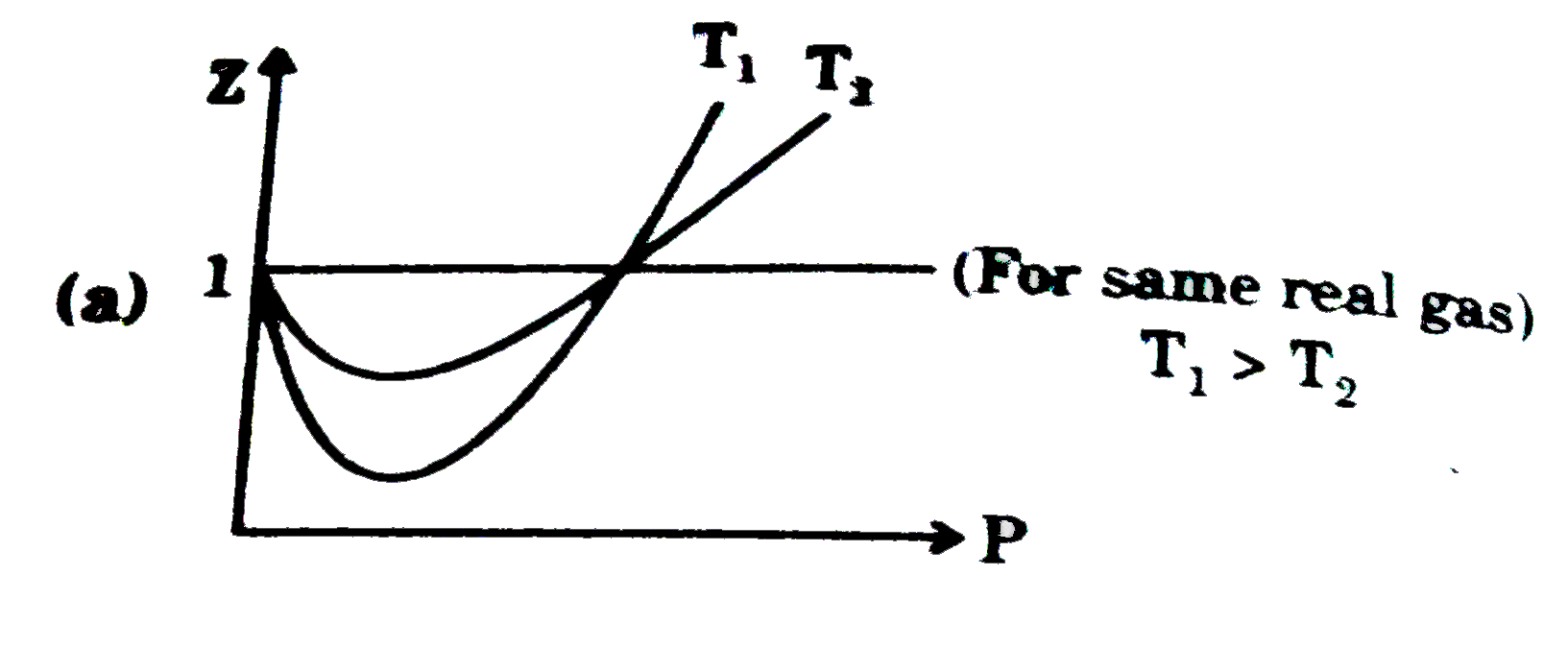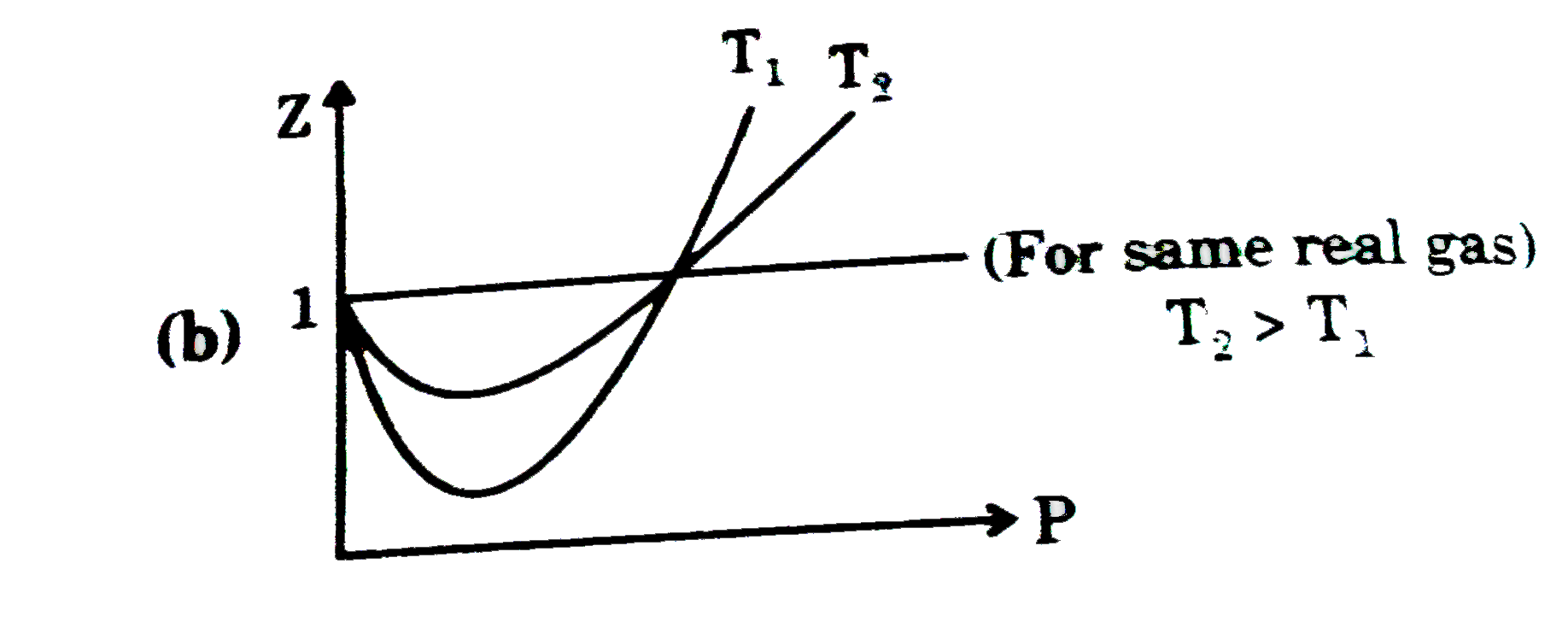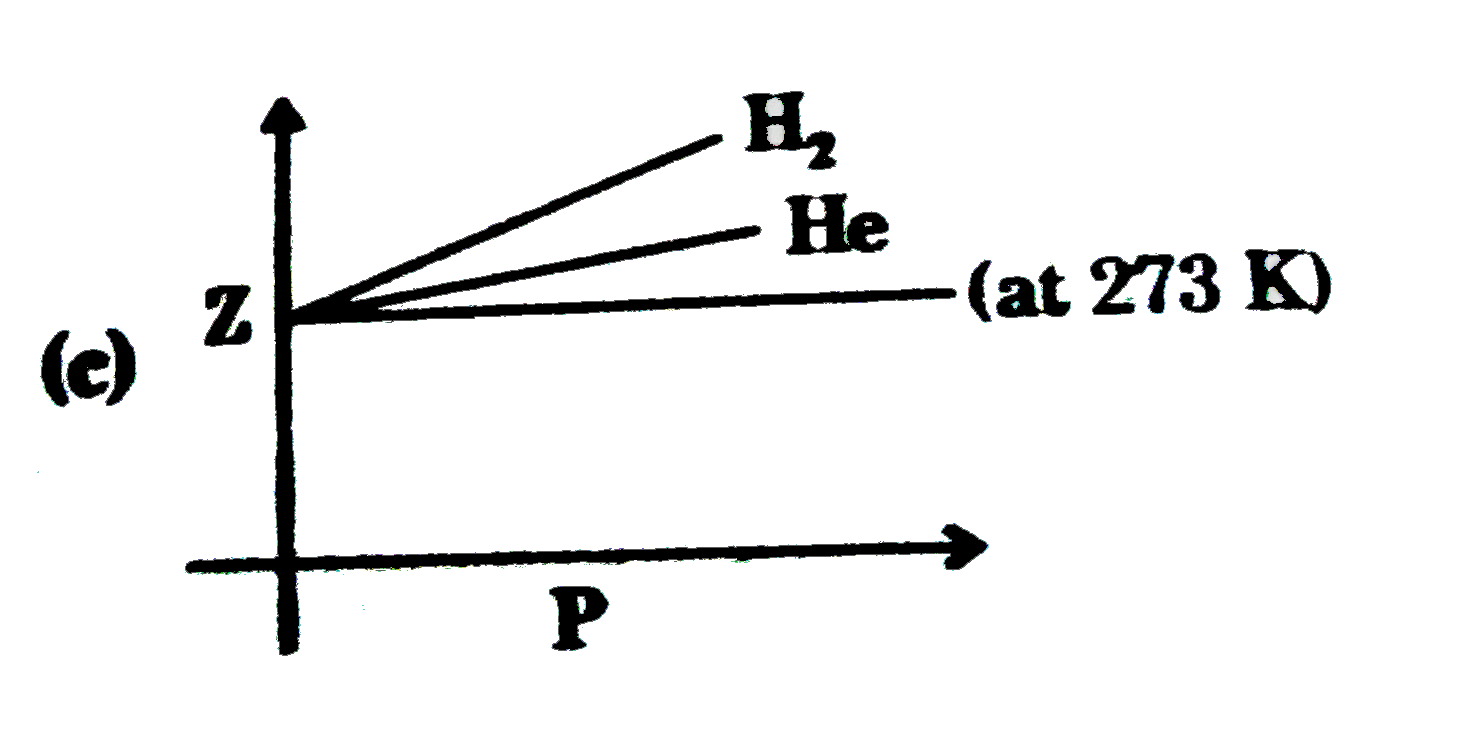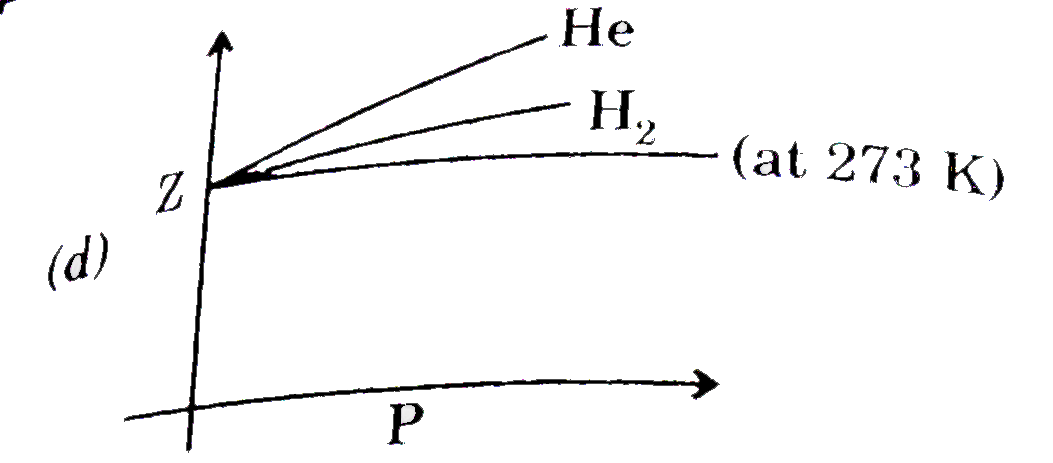Which of the following is/are correct?
Product of two irrational numbers is always an irrational number.
The sum of two irrational numbers is always an irrational number.
Sum of rational and irrational number is always an irrational number.
None of these
The correct Answer is:c
To determine which of the given statements about irrational and rational numbers are correct, we will analyze each option step by step.
Step 1: Analyze the first statement
Statement 1: The product of two irrational numbers is always irrational.
Example: Let's take two irrational numbers, √2 and √3.
- The product is:
√2×√3=√6
which is irrational.
However, if we take:
- √2 and -√2, their product is:
√2×(−√2)=−2
which is rational.
Conclusion: The first statement is incorrect because the product of two irrational numbers can be rational.
Step 2: Analyze the second statement
Statement 2: The sum of two irrational numbers is always irrational.
Example: Let's take two irrational numbers, √2 and -√2.
- The sum is:
√2+(−√2)=0
which is rational.
Conclusion: The second statement is incorrect because the sum of two irrational numbers can be rational.
Step 3: Analyze the third statement
Statement 3: The sum of a rational number and an irrational number is always irrational.
Example: Let’s take a rational number, 1/2, and an irrational number, √2.
- The sum is:
12+√2
This sum cannot be expressed as a fraction (p/q) where p and q are integers, hence it remains irrational.
Conclusion: The third statement is correct because the sum of a rational number and an irrational number is always irrational.
Final Conclusion
- Statement 1: Incorrect
- Statement 2: Incorrect
- Statement 3: Correct
Statement 1: The product of two irrational numbers is always irrational.
- The product is:
√2×√3=√6
which is irrational.
- √2 and -√2, their product is:
√2×(−√2)=−2
which is rational.
Statement 2: The sum of two irrational numbers is always irrational.
- The sum is:
√2+(−√2)=0
which is rational.
Statement 3: The sum of a rational number and an irrational number is always irrational.
- The sum is:
12+√2
This sum cannot be expressed as a fraction (p/q) where p and q are integers, hence it remains irrational.
- Statement 1: Incorrect
- Statement 2: Incorrect
- Statement 3: Correct
Topper's Solved these Questions
- BOOK - SCIENCE OLYMPIAD FOUNDATION CHAPTER - IMO QUESTION PAPER 2016 SET AEXERCISE - EVERYDAY MATHEMATICS10videos
IMO QUESTION PAPER 2016 SET A
- BOOK - SCIENCE OLYMPIAD FOUNDATION CHAPTER - IMO QUESTION PAPER 2016 SET AEXERCISE - ACHIEVERS SECTION5videos
IMO QUESTION PAPER 2016 SET A
- BOOK - SCIENCE OLYMPIAD FOUNDATION CHAPTER - IMO QUESTION PAPER 2016 SET AEXERCISE - ACHIEVERS SECTION5videos
IMO QUESTION PAPER 2016 SET A
- BOOK - SCIENCE OLYMPIAD FOUNDATION CHAPTER - COORDINATE GEOMETRYEXERCISE - ACHIEVERS SECTION (HOTS)3videos
COORDINATE GEOMETRY
- BOOK - SCIENCE OLYMPIAD FOUNDATION CHAPTER - IMO QUESTION PAPER 2016 SET BEXERCISE - ACHIEVERS SECTION5videos
IMO QUESTION PAPER 2016 SET B
Similar Questions
Knowledge Check
- Question 1 - Select One or More
Which of the following state are correct
ABenzyl halides are more reactive than vinly and anyl halidesBvinyl/halides are more reactive than alkylhalidesCAryl halides are less reactive than alkylhalideDAryl halides are more reactive than benzyl halides - Question 2 - Select One
Which of the following is nor correct ?
ADissolution of NH4Cl in excess of water is an endothermic processBNeutralisation is always exothermicCThe absolute value of enthalpy (H) can be determined experimentallyDThe heat of reaction ar constant volume is denoted by ΔE - Question 3 - Select One or More
Which of the following graphs are correct ?
A B
B C
C D
D

